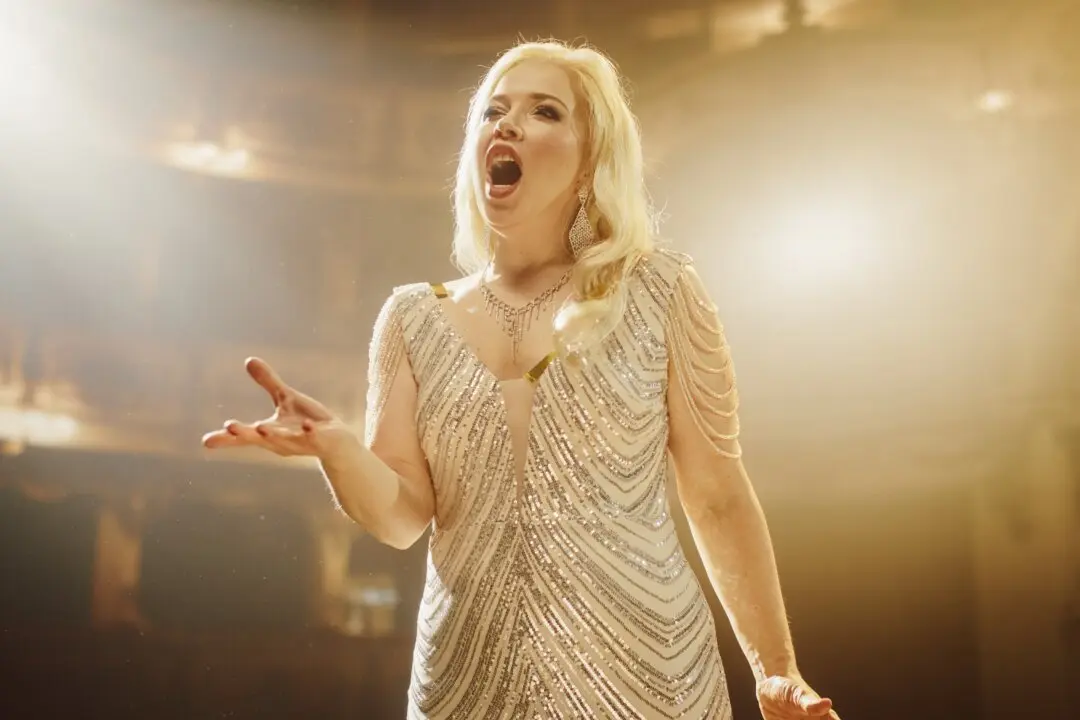Commentary
The 2022 midterm elections have been particularly controversial, with both sides accusing the other of interference and declaring that the nation’s future rested on the decisions made on November 8. Major political events always make me think of classic films with political themes. While Frank Capra pictures like “Mr. Smith Goes to Washington” (1939) and “Meet John Doe” (1941) might be the first to come to your mind, there are dozens of obscure old movies with themes relating to the American government.





